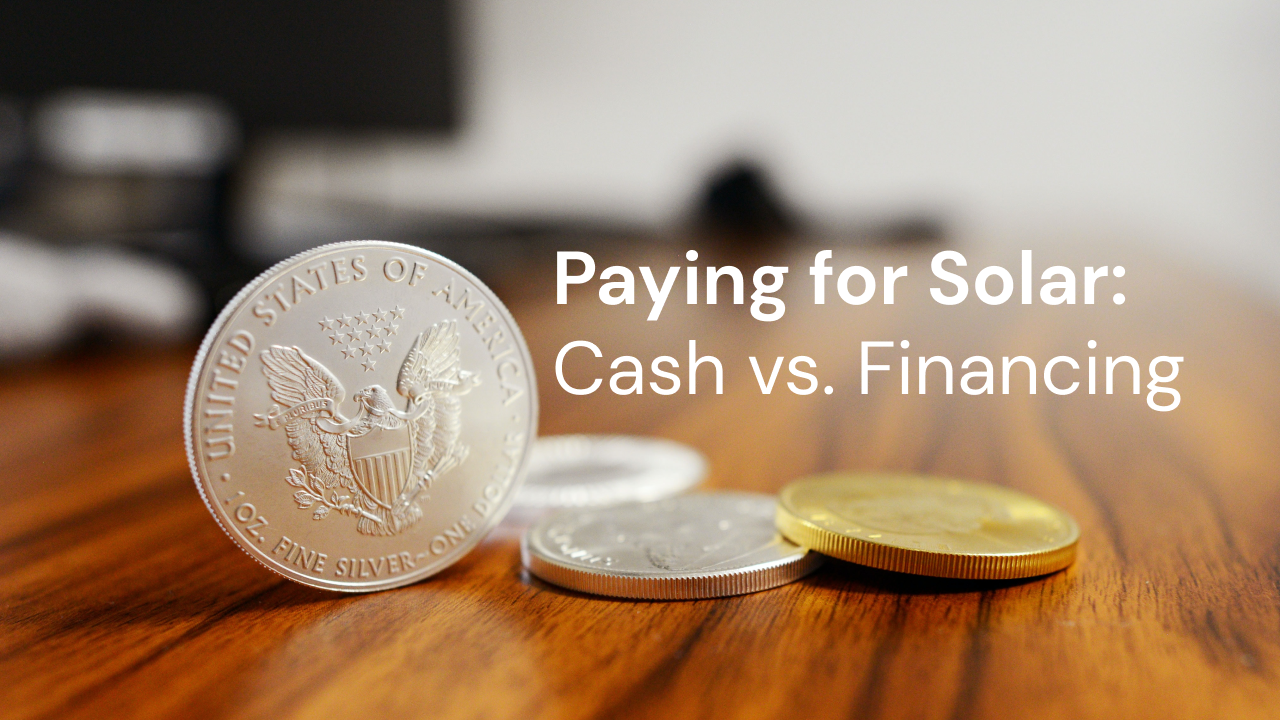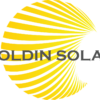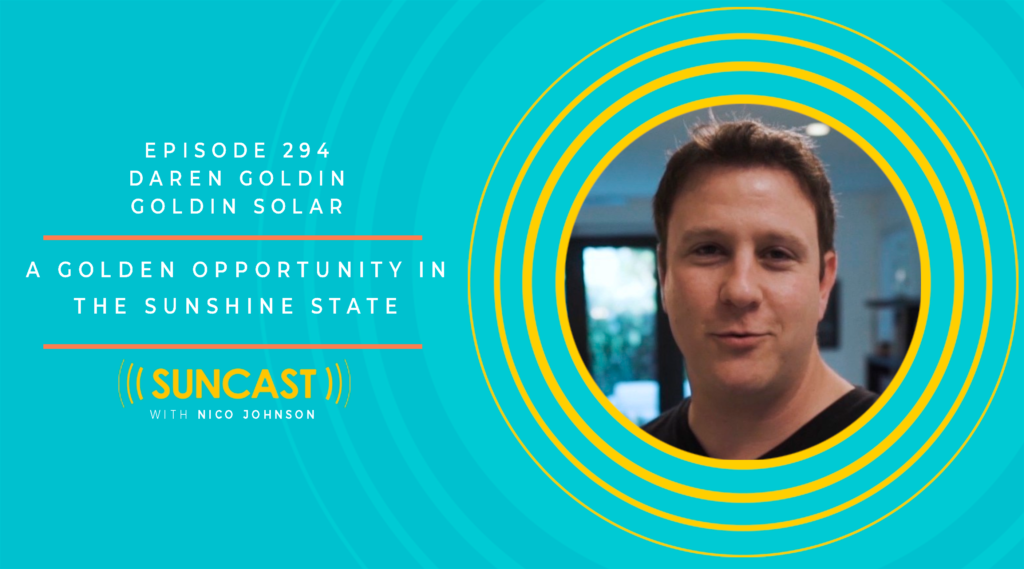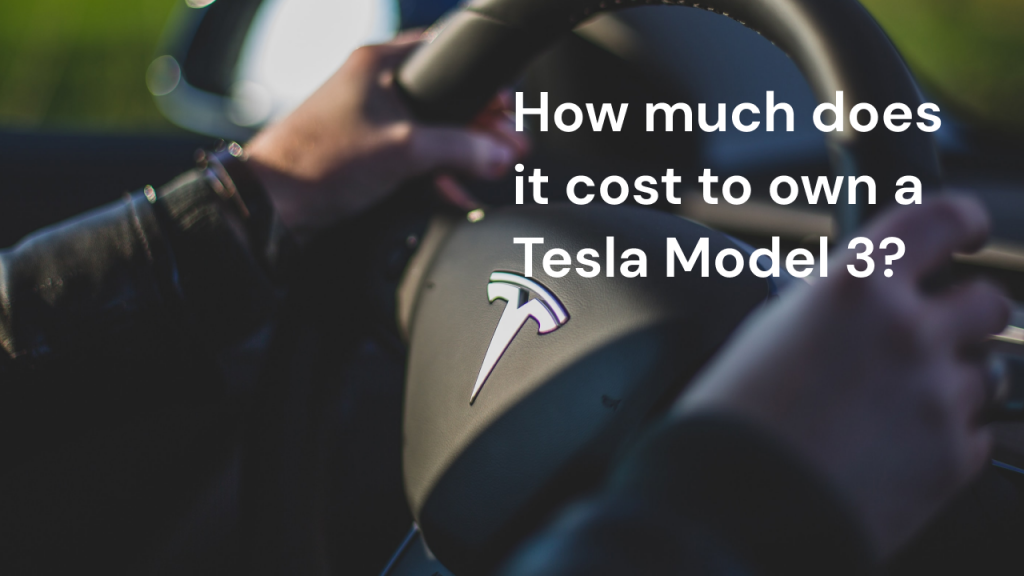In this article, we will explain the similarities and differences between purchasing a solar system with cash vs financing your system. These are the two payment options offered by Goldin Solar. Some companies offer a third payment option, leasing, which benefits the provider but offers little benefit for the average homeowner. To learn more about the economics of solar, check out our Complete Guide to Solar Economics in Florida.
Cash vs Financing: The Similarities
Incentives
In Florida, the only direct incentive available to the typical solar customer is the Federal Investment Tax Credit (ITC). The ITC is a tax rebate. The current ITC rate is 26%, which decreases the purchaser’s tax liability by an average of $7,800. This rebate is available to you in the same manner whether you choose to purchase your system with cash or finance your system. If you finance your system, it is generally expected that you apply the credit to the principal of the loan, although this is not strictly required. If you choose to simply keep your tax credit or spend it elsewhere, you will have higher monthly payments than if you apply it towards your solar loan.
As a tax credit, the ITC does not offer equal benefit to everyone. Those who do not have any tax liability do not benefit. However, the tax credit will roll over to the following year if your tax liability is less than the credit amount.
In addition to the ITC, Floridians benefit from solar’s exemption from state sales and property taxes. This helps bring the cost of solar down but doesn’t give you money back as the ITC does.
The Process
From our perspective as a contractor, there is little difference between a cash-purchased system and a financed system. Your choice will not affect the technology we install, your installation timeline, or your level of service. If you finance your system, you will, of course, have to go through the additional step of securing the loan. This is a quick and easy process that your Goldin Solar representative will help you with. We work with Dividend Finance as our loan provider. Interest rates with Dividend are currently as low as 2.99%.
Cash vs Financing: The Differences
Payback Time
A cash purchase means a longer break-even time but a smaller overall cost. The typical system purchased with cash will pay itself back in 5-7 years.
On the other hand, financing your system will have a higher cost in the long term (due to accumulated interest) but is more accessible to the typical homeowner (you can finance with $0 down) and generates immediate money savings (the monthly loan payment can replace your electric bill). In 2020, interest rates remain low, and our financing customers see an average interest rate of 5%, with the lowest being 2.99%.
Here are example scenarios calculating expected savings from going solar.
Selling Your Home
Homes with solar have been shown to sell more quickly and at a higher price. Below we discuss the logistics of selling a home with solar.
Selling a home with a solar installation that you own outright through a cash purchase or a fulfilled loan is very easy. The solar array is simply sold with the home.
Selling a home with a financed solar array is also easy, but requires extra considerations. First, it depends on whether the loan financing the array is a personal loan or a PACE (Property Assessed Clean Energy) loan. If it’s a PACE loan, the loan follows the house, so the homebuyer will accept the liability of the loan and will have ownership of the solar array.
If it’s a personal loan, the loan must be closed to sell the house. This can occur as part of the home sale or in advance if the seller has the capital to close the loan. Since homes with solar in Florida sell for an average of 4% more than homes without solar, this is generally very realistic. The extra revenue from your home’s increased value can be used to pay off the loan. There is no prepayment penalty from our financing partner.
Have Another Question?
Drop me a line: [email protected].




